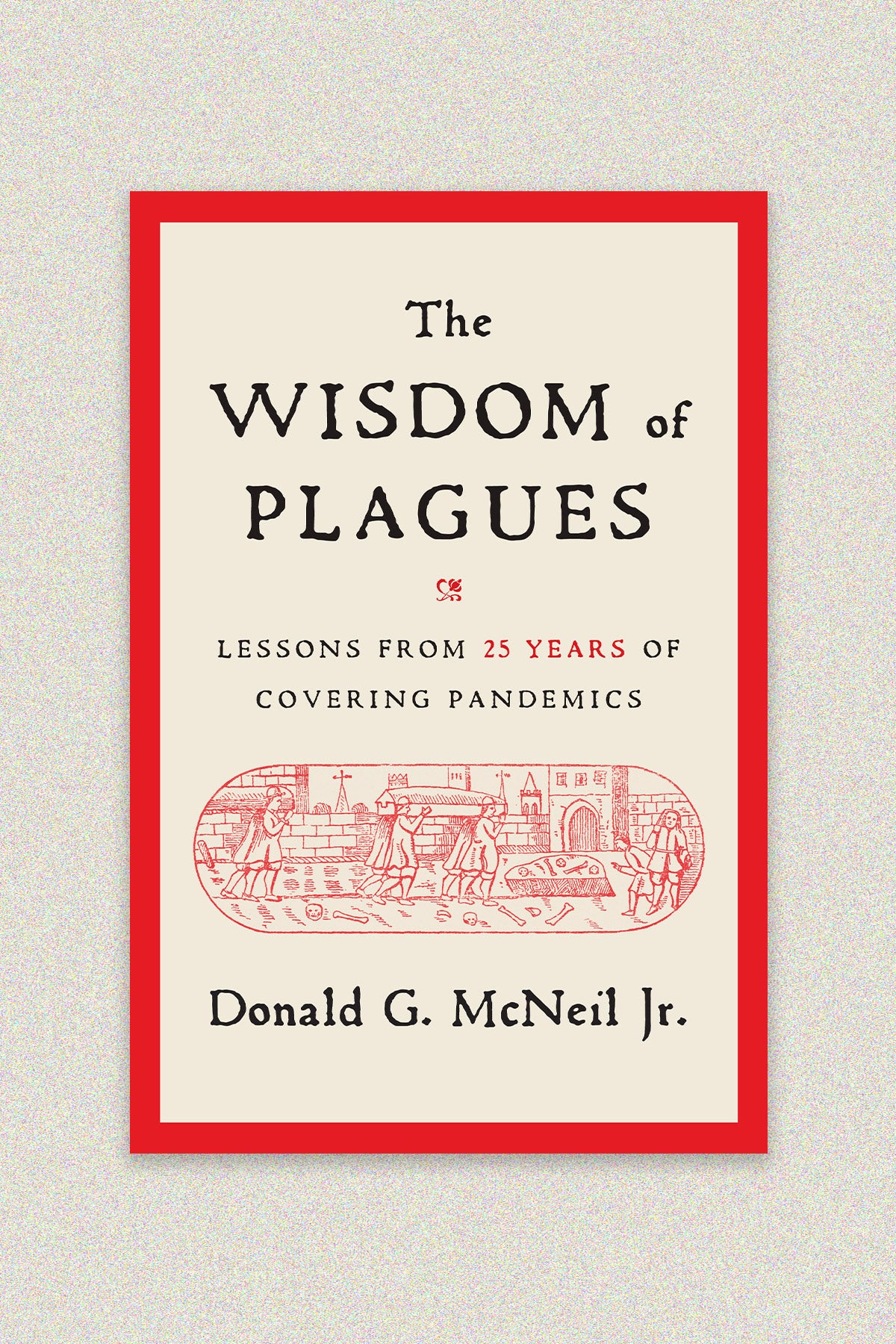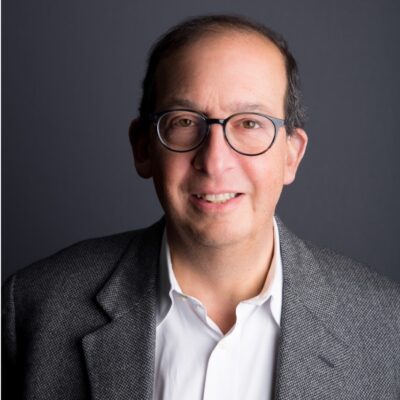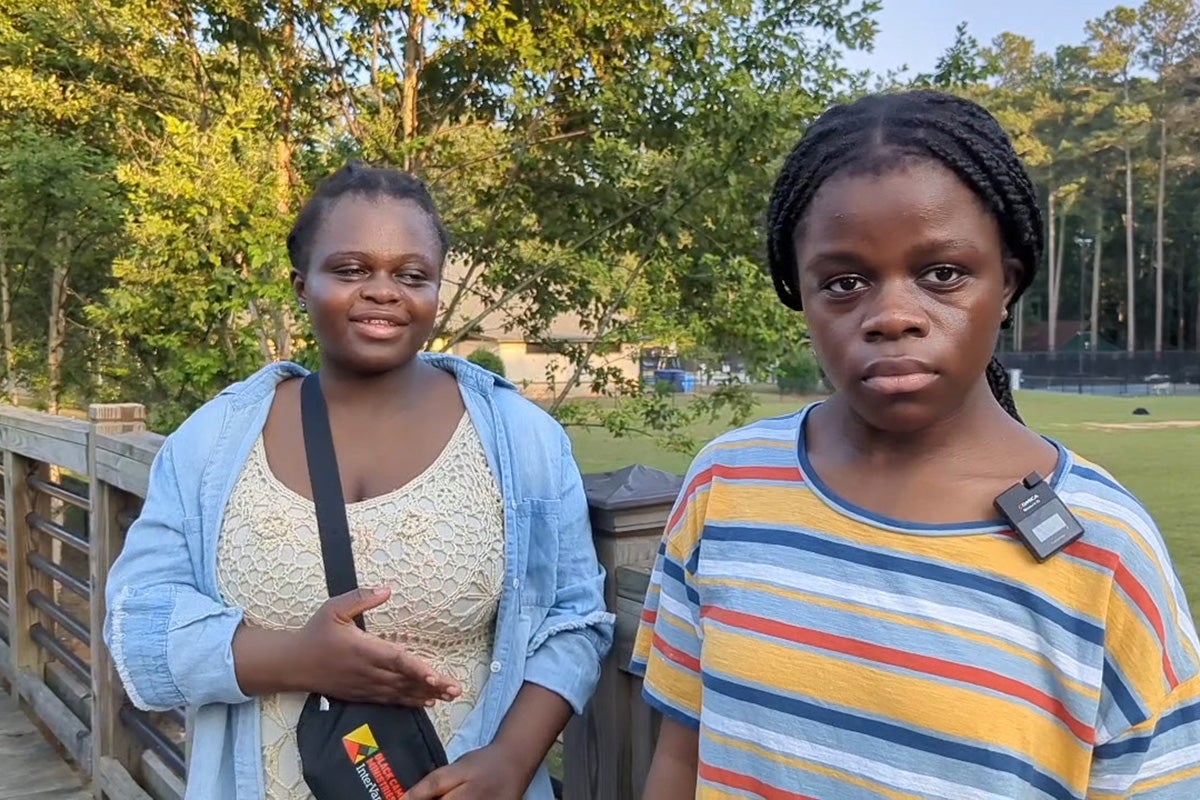
Book
What we can learn from “The Wisdom of Plagues”
This review was co-published with Second Rough Draft, Dick Tofel’s newsletter about journalism.
Donald McNeil Jr., author of the recent book The Wisdom of Plagues, was, for many years, a star reporter at The New York Times, covering global health. He won the RFK Journalism Award and the 2020 John Chancellor Award for career achievement. When the pandemic emerged in early 2020, he was one of the leaders of the Times’s coverage and contributed two of the 15 pieces which earned the paper the Pulitzer Prize for Public Service, American journalism’s highest honor, in 2021.
But by the time that honor had been bestowed, McNeil had agreed to resign from the Times, his employer for more than 40 years, after The Daily Beast publicly disclosed that he had, on a 2019 student trip sponsored by the Times, used the N-word during a discussion of racist language. The resulting furor—much of it internal—led Times management, which had known of the incident after complaints from a number of the students, to reverse its earlier decision to keep him on staff. The Times covered all this, and McNeil wrote a long blog post about it all shortly after his departure.
Early this year, Simon & Schuster published The Wisdom of Plagues, reflecting on and summing up what McNeil learned on the global health beat. If you haven’t heard of the book, that may be because it hasn’t been widely reviewed—not by the Times, The Washington Post or The Wall Street Journal, not by The Atlantic or The New Yorker. It was the subject of attention from CNN, C-SPAN, and The Boston Globe in January. Amazon doesn’t rank the book in its top 100,000 nor in its top 100 in epidemiology or communicable diseases.
McNeil’s voice is an unusual and, as we shall see, often strident one. But I think his book deserves greater notice than it has received, particularly for the view it offers of how a leading health journalist experienced the biggest health story of our time and how he now thinks about how to prepare for the inevitable next time.
Most of the book by volume is a detailed account of epidemics from HIV to mpox—which McNeil, with characteristic irascibility, continues to insist on calling “monkeypox,” knowing full well that this will offend many readers—but I will leave the medical and scientific details to those with expertise I lack. My focus, instead, will be on the issues of public health, and especially public health communications, about which I teach.
Sign up for Harvard Public Health
Delivered to your inbox weekly.
A set of paradoxes
What remains is a revealing portrait of both the strengths and weaknesses of specialist journalism and narrow expertise generally, particularly when it collides with a subject of intense public interest and political consequence. The result is a set of fascinating paradoxes.
Thus, McNeil begins by astutely observing how much the aftermath of COVID has coarsened our society. But then he goes on to prescribe draconian measures without even a hint that such steps would almost inevitably further coarsen American life. “The longer I cover disease, the more of a public health fascist I become.”
What would McNeil do? “Doctors who tout false cures or denigrate approved vaccines should have their licenses revoked.” He also wishes the US had quarantined AIDS patients in the last century as Cuba did, and he would “probably” have done the same with early US mpox victims in 2022. He would restrict pandemic domestic travel and require periodic checkups for all Americans in peacetime, presumably on pain of fine. He would ban religious exemptions in health matters (including vaccination), in part based on his sense that beliefs such as those of Christian Scientists do not constitute real religions.
His justification evinces the greatest danger of specialization in any field, whether it be journalism—or public health: “I think it’s imperative to save lives. To the exclusion of every other goal.” In the end, McNeil acknowledges, “I’m not trying to please anyone. I was never very interested in that anyway—and now in retirement I’m even less so.”
He would replace the Department of Health and Human Services with “an agency whose sole mission is to defeat disease.” Like all of us who know what we know and sometimes don’t know what we don’t, McNeil sees the muddle that necessitates a reorganization of the CDC, the FDA, and the NIH but then supposes that the Pentagon offers an attractive model because “the armed forces have a clear chain of command from the secretary of defense down to the rifleman in a foxhole.” But, of course, we have six different armed services and have had to create a matrix of theater and service commands to integrate them. Reorganization is possible but surely not a simple matter.
The paradoxes roll on. McNeil insists that we must, at the outset of future epidemics, not be so squeamish about specifying and often isolating the groups of victims among whom they emerge, whether they be African eaters of bushmeat, Chinese workers in wet markets, or sexually active gay men. But then he expresses astonishment and outrage when leaders in countries or communities he would isolate and therefore stigmatize are less than forthright in acknowledging health problems as they mount and spread.
Friendly fire
Within his own newsroom, McNeil is equally unsparing—and, at the same time, largely unaware of how his self-righteousness must have come off, and how it may have had the effect of marginalizing him at the very moment his expertise had become most valuable. (It is striking, and perhaps not coincidental, that McNeil’s two contributions to the Times’s prize-winning package, and his other most significant COVID reporting, came early in the story.)
Repeatedly, he exposes a chasm between his own perspective on the global health beat and that of what the Times calls the “foreign desk,” which handles most international reporting. The foreign desk, he says, excessively discounted anything said by the Chinese government. And they didn’t like McNeil’s tone of voice.
The beginnings of the debate about whether COVID was the result of a lab leak—which rages to this day—are depicted, at the Times, as one between national security reporters insisting it was, but buttressed only by China hawk anonymous sources citing no evidence, and scientists saying it could not be, some of whom, in retrospect, McNeil believes intentionally misled him for ideological reasons of their own.
Perhaps unsurprisingly, given how things ended, McNeil is also unsparing about top editors. He reminds us that his eventual Pulitzer piece from February 2, 2020, which reported that experts saw a pandemic as already inevitable by that point, ran on page 12 in print, without a promo line on the front page. A sober prognostication he authored in mid-April “was so grim, and contradictory to [Trump’s] rosy predictions, that orders came down from the masthead to make it more optimistic.” (A Times spokesperson calls this “flatly untrue.”) The original version, McNeil insists, was later borne out.
During the 2009 H1N1 outbreak, he says, his request to track the virus through the Southern Hemisphere winter, ahead of an expected US outbreak, was rejected because of the cost of travel, as the paper was then struggling financially.
A larger problem
More generally, he asserts,
“[t]here’s a pernicious synergy between the media and public health agencies, especially in the early days of a pandemic. In the initial foggy period, journalists often hesitate to sound alarms about a threat until the agencies have made it official. (In general, media outlets are run by former White House reporters, not by former science reporters.) But the agencies often fail to act until the media—particularly The New York Times—makes a front-page fuss.”
In another context, he says top editors “always” get “overexcited” about “everything out of the White House.”
McNeil’s anger doesn’t end at the newsroom’s edge, however. When, in his view, the CDC dithered in dealing with the early 2016 Zika outbreak, he screamed at an agency media rep—“one I actually liked”—and ended the conversation by throwing his headset in disgust. His science desk colleagues, he says, responded with a standing ovation.
He is angry with Trump and the fact that “many public figures no longer find it dishonorable to lie to get what they want.” But later he says that it was always his nightmare to be assigned to cover politics, “transcribing and seeking comment on their lies.” And he also blames the American public for being “more gullible than we once were.”
The need for a wider lens
Donald McNeil was a great reporter, and The Wisdom of Plagues should be read by anyone likely to have responsibility for managing—or covering—the next pandemic in our future. But the greatest lesson to be drawn from this book is that almost any single perspective on a crisis that engulfs our entire society can be too narrow. This is as true for journalists as for those in other fields.
Instead, as imperatives collide, they must be balanced, in newsrooms by top editors and ultimately (in free societies) by elected leaders. That those human beings may have fallen short last time does not mean we should blindly narrow our mixed objectives next time. No goal can be considered to the exclusion of all others, not even the goal to preserve life.
Correction: The incident in which McNeil threw his headset in anger occurred in 2016, not in 2020 or in connection with a cruise ship outbreak, as the column originally indicated.
Book cover: Courtesy of Simon & Schuster



